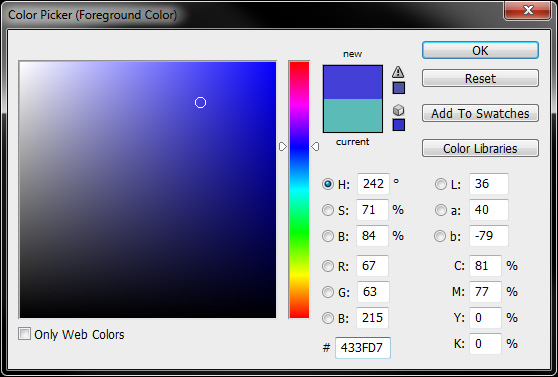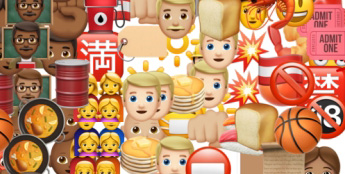 Calligram Creator -
Help Calligram Creator -
Help |
 Calligram Creator -
Help
Calligram Creator -
Help
File formats
Some of
the input files have a very specific format to be used in the
application. 1. The text file The text
file ANSI format file, preferably created in Notepad. At the moment, the current
version cannot yet handle UNICODE text,
will this feature will be added in future versions. A text file
should consist of several lines of text, preferably quite long lines (or rather paragraphs
of text). At least two lines of text must be made available to properly
read the full text.
The text
file has two possible formats: free text and formatted text. An example of a
free text format is: Using masks to fully control
the shape of the word cloud pre-installed masks are provided user generated
masks on-the-fly load and save masks for repeated use special masks using the
transparency mask of PNG files Post-processing store the resulting picture on
harddisk print or post-process the pictures using external bitmap
editor This example text has already
been 'cleaned' of special characters, like '" < * & [ etc. In case you
wish to input 'raw' text the text will be cleaned first before the individual
words are extracted and counted. An example of a 'raw' text could be: Word clouds have
become very popular. Thanks to the wordlet JavaScript (like Wordle) anyone can
make a beautiful picture with words. Do you want to control the shape of the
word cloud? Wordaizer is a brand new application from APP Helmond to create word
clouds like Wordle does, but allows total freedom to tune almost every relevant
aspect of the desired word cloud. It's really a 1-2-3 approach. The formatted text file can be
something like this: the: 120 The format of this file is
quite simple: first the word, followed by the ':' and then the frequency (or
size) value. The value should be relative to each other, meaning: a word with
value 120 should be twice the font size of a word of value 60. Ideally this
would be the case, but the application is also trying to squeeze in as many
words as possible, so the actual size is usually slightly higher than e.g. the
indicated 60. In this example we have put a
space between the : and the value. In case of no space between the value will
still be read correctly. The last value must always end with a new line (so the
last line of the file is always empty). Warning: in
case a word is not followed by the ':' and a number, the application will assume
that the text file is free format. Even if one word doesn't follow this
convention, the file is assumed to be free format. In that case the numbers
that were indicated in other words will now also appear in the
Calligram. To avoid this, please make sure that all the words in that
file have a ':' and a numeric value. 2. The font list
file The font
list
file is an ANSI format file, preferably created in Notepad (to get rid of
any formatting, like e.g. WordPad does). The fonts list file is just a series
of lines with the font name, as used in Windows. To recognize the font
correctly, the font name must be exactly
the same as Windows uses it. For
example: Arial In case the font name is not
exactly the same as in Windows, it will either be skipped, or in some rare cases
an error message will occur. It goes without saying that the indicated fonts must
also be available in the system that runs Calligram Creator. In future
versions we will include a simple font test, to assure all the input fonts are
correctly recognized.
The colour list file is a file that contains the HEX code of
the Calligram colours. When a colour list file is used, the application will distribute
the colours from top to bottom, where the change from one colour to the next is
done via interpolating between the two hue factors. There is no
limit to the number of colours in the file. When the HEX colour
format is incorrect, the resulting colour is undefined (meaning: anything can happen then...). The HEX
code is a hexadecimal value of the Red, Green and Blue channel of the colour.
Example: EE0707
The first
values EE0707 = R238 G7 B7. The second value 433FD7 = R67 G63
B215. These values can easily be defined in e.g. Photoshop. The values are
identical as defined
in Photoshop (see
screenshot below). 4. The Emojigram picture
library
Each
image must be of type .PNG, and must be transparent where no pixels are
seen. The images must be of size 72 x
72 pixels. To create a truly useful library, at least 1000 images should
be made available, all of same size and image type. When faulty images are found, errors
may occur or weird/faulty mosaic may result. Below a sample of randomly placed emojis are
shown.
Video creation several implosion or explosion paths many settings for
size duration and word animation Projects to save and repeat creating the same
word cloud pre-installed projects save and load new or existing
projects
and: 106
right:
33
Everyone: 30
has: 28
shall: 27
rights: 21
his: 21
any:
18
for: 17
human: 12
Black
Chancery
Book Antiqua
Bookman Old Style
Century Gothic
Comic Sans
MS
Courier New
Garamond
Georgia
Lucinda Console
Microsoft Sans
Serif
433FD7
116506
056862 
